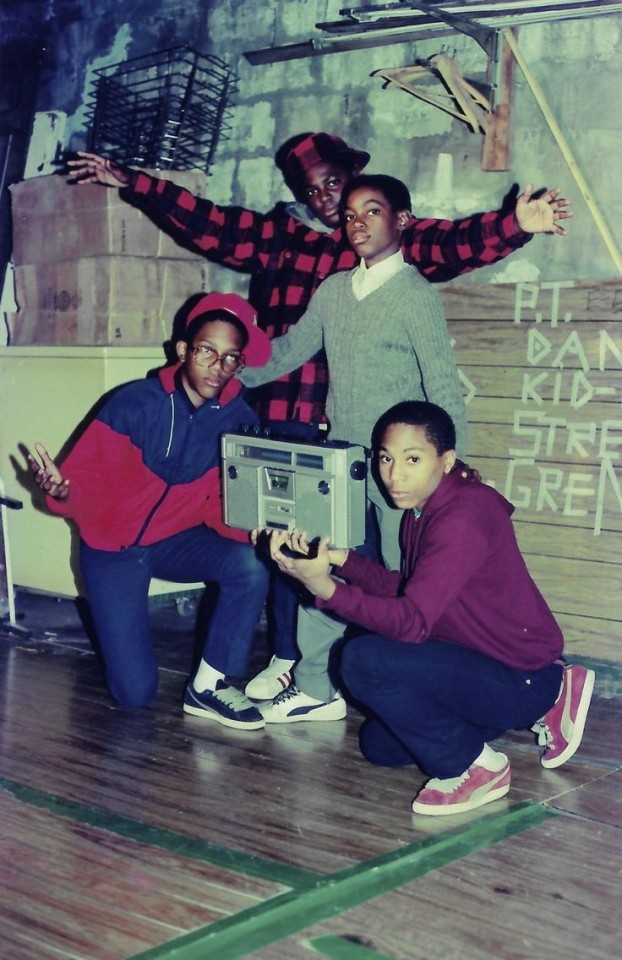#black heritage
Text
Embracing the beauty and power of black afros, which is a testament to our heritage, culture, strength, and beauty. 🤎✊🏾

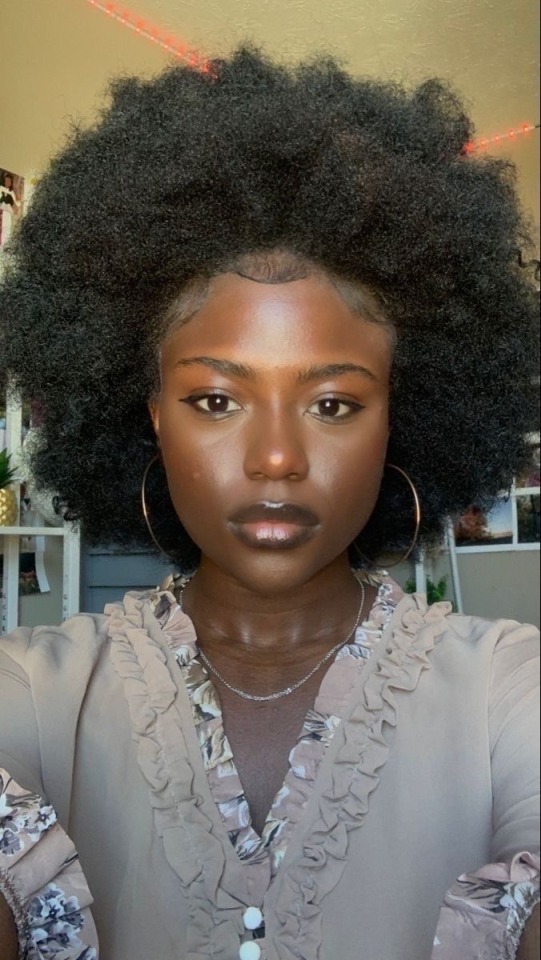
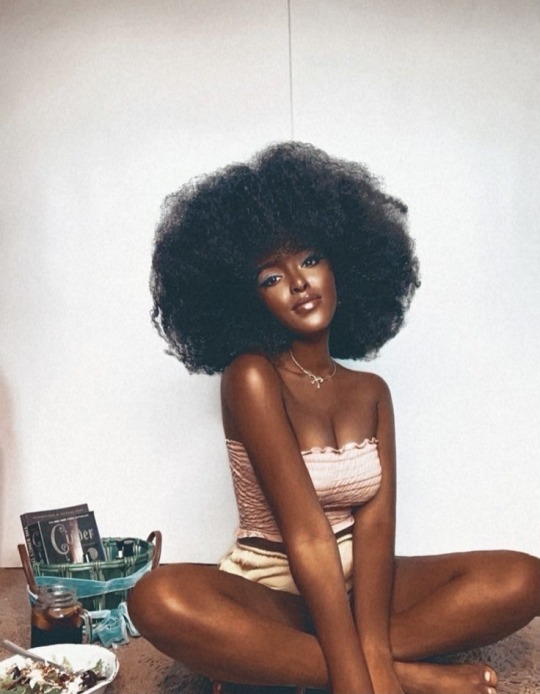


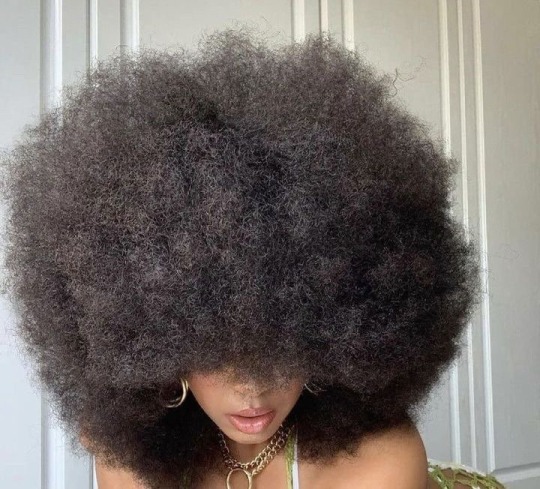

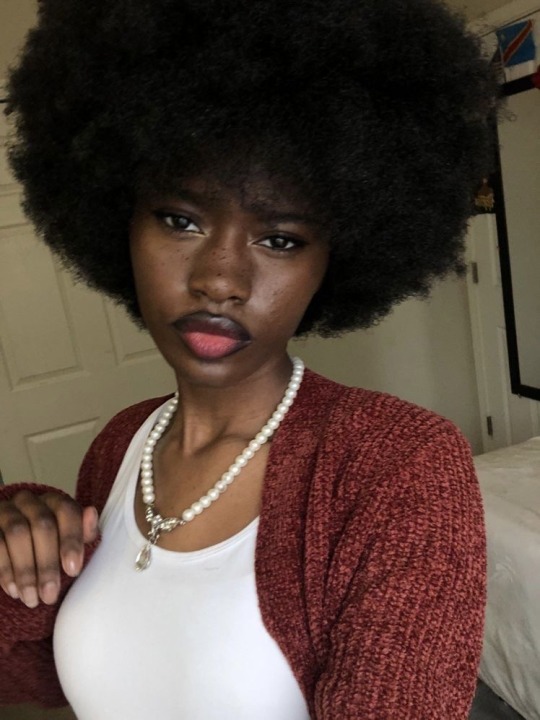

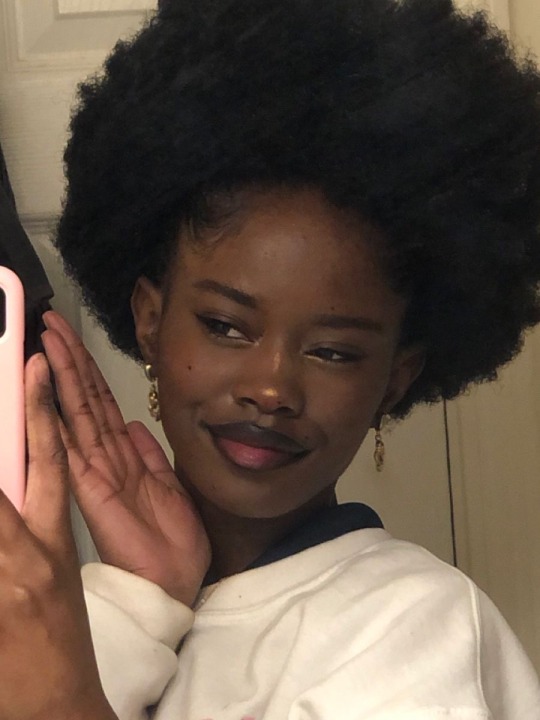
#black tumblr#aesthetic#aesthetics#black aesthetic#source: pinterest#black women#pinterest#hair aesthetic#natural hair aesthetic#natural hair appreciation#natural hair#afro#black afro#afro inspo#afro aesthetic#black afros#black hair aesthetic#brown women#black excellence#black heritage#black hair#afro hair#black beauty#black women beauty#black is beautiful
3K notes
·
View notes
Text

#black history month#black excellence#african american history#black heritage#celebrating black history#black culture#black leaders#civil rights#black achievements#black pride#historical legends#black lives matter#black empowerment#black history 365#trailblazers#black history facts#our history#black history celebration#empowering black voices.#021224
418 notes
·
View notes
Text
ALL YOU NEED TO KNOW ABOUT THE HEAD OF OBA
THE BENIN KINGDOM
THE LOOTED TREASURES BY THE BRITISH EMPIRE
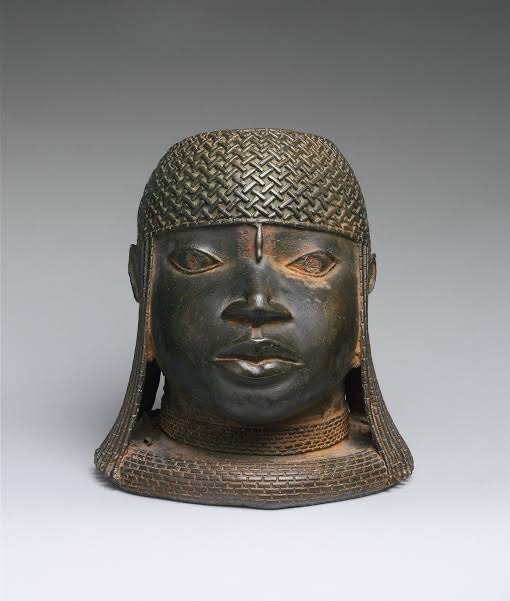
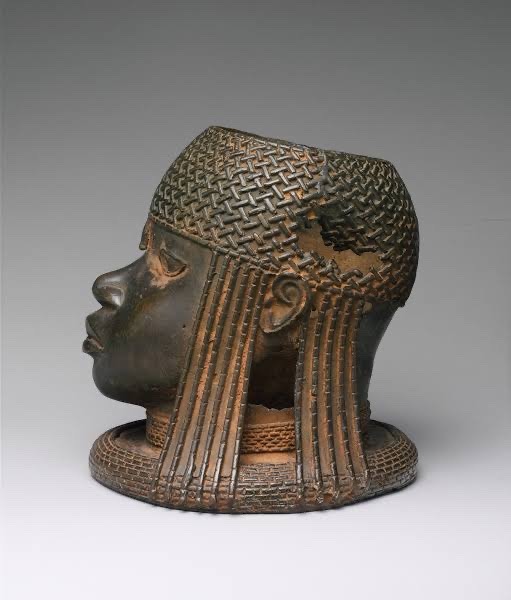
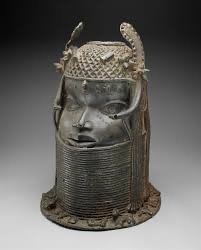
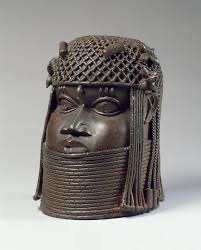
BLACK HISTORY IS DEEPER THAN SLAVE TRADE
The head sculptures of the Oba of Benin, also known as the Benin Bronzes, are a collection of intricate bronze and brass sculptures created by the Edo people of Nigeria. These sculptures typically depict the reigning Oba (king) of the Benin Empire and were produced over several centuries, with some dating back to the 13th century.
They are renowned for their artistic and historical significance, representing the cultural heritage and power of the Benin Kingdom. These sculptures often portray the Oba wearing coral beaded regalia, symbolizing his divine status and authority.
Many of these artifacts were taken from Benin during the late 19th century by British colonial forces, and they are now scattered in museums and private collections worldwide. There have been ongoing discussions and negotiations regarding their repatriation to Nigeria to restore their cultural heritage.
The head sculptures of the Oba of Benin remain a testament to the rich artistic and historical legacy of the Edo people and the Benin Kingdom.
HOW THE BRITISH STOLE FROM THE EDO TRIBE
1. British Punitive Expedition: In 1897, a British expedition, led by British officials and soldiers, was sent to the Benin Kingdom (in what is now Nigeria) with the stated objective of punishing the Oba of Benin, Oba Ovonramwen, for resisting British influence and trade in the region.
2. Sacking of the Royal Palace: During the expedition, the British forces entered the royal palace in Benin City, where many of these intricate bronze and brass sculptures were housed. The palace was looted, and numerous artifacts, including the Benin Bronzes, were taken.
3. Confiscation and Dispersal: The looted artifacts were then confiscated by the British authorities and later distributed to various individuals, museums, and institutions. Many of these artworks ended up in European museums and private collections.
The theft of the Benin Bronzes remains a contentious issue, as these artworks are considered cultural treasures of the Edo people and Nigeria as a whole. There have been ongoing discussions and demands for the repatriation of these artifacts to Nigeria, which has gained momentum in recent years as part of broader efforts to address historical injustices related to colonial-era looting.
The head sculptures of the Oba of Benin, like many traditional African artworks, hold deep symbolic significance within the context of the Benin Kingdom and its culture. Here are some of the key symbols and meanings associated with these sculptures:
1. Royal Authority: The Oba's head sculptures symbolize the authority and divine status of the reigning monarch, who was regarded as a sacred figure in Benin society. The elaborate regalia, such as coral beads and headdresses, worn by the Oba in these sculptures signifies his royal and spiritual power.
2. Ancestral Connections: The sculptures often depict the Oba with distinctive facial scarification patterns and detailed facial features. These features can represent specific ancestors or dynastic connections, emphasizing the Oba's lineage and connection to past rulers.
3. Historical Record: The sculptures also serve as historical records, documenting the appearance and regalia of the Oba during their reigns. This provides valuable insights into the history and evolution of the Benin Kingdom over the centuries.
4. Spiritual Protection: Some sculptures may incorporate elements like beads and cowrie shells, which were believed to have protective and spiritual qualities. These elements were worn by the Oba not only for their aesthetic value but also for their symbolic protection.
5. Cultural Identity: Beyond their specific symbolic meanings, the head sculptures are integral to the cultural identity of the Edo people and the Benin Kingdom. They represent the rich artistic traditions and heritage of the kingdom and its rulers.
It's important to note that the symbolism of these sculptures is deeply rooted in the cultural and historical context of the Benin Kingdom, and their interpretation can vary among different individuals and communities.
#life#animals#culture#aesthetic#black history#history#blm blacklivesmatter#anime and manga#architecture#black community#black heritage
783 notes
·
View notes
Text
Soulaan Culture: Bayasoube / Black Southern Belles
#black studyblr#black academia#black culture#southern gothic#southern belle#african american women#black people#black women in femininity#black femininity#soulaan#black women#black southern gothic#black southern belle#black heritage#black cottagecore#cottagecore#aesthetic#black fashion#fashion#black coquette#coquette#soft black girls#soft black girl#black beauty#african american#black women in nature#black women in leisure#soulaani women#poc cottagecore#juneteenth
423 notes
·
View notes
Text
Black soldiers-- Vietnam war.. Thank you for your service 🪖🪖🪖
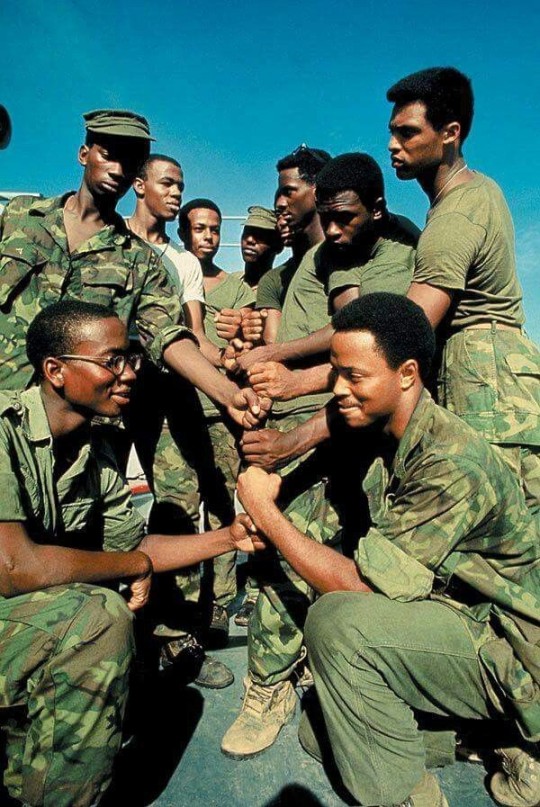
#black tumblr#black literature#black excellence#black community#black history#civil rights#black history is american history#civil rights movement#blackexcellence365#vietnam war#black soldiers#african american men#black and white#black heritage#black archives#black culture
687 notes
·
View notes
Text
I’m so tired of just being “African American”


When I really think about it, I’m so tired of it. When people think about African Americans— even when African Americans think about ourselves, what’s the first thing that comes to mind? Slavery. Discrimination. Pain. Endurance. Why do WE have the be the face of pain? Our people’s culture is NOT pain. Our culture is NOT slavery. Our culture is NOT just rebellion. Our culture is NOT facing racism. We are so much more than that. When you learn about African Americans it’s never about our music, our inventions, our food, our style, our way of life. It’s always about being at the end of the stick. We were never taught the BEAUTY of African Americans. Only the worse. I know because of what we experienced, IS a big part of our culture, but come on. Social injustice isn’t the only thing we consist of. Like I said, I know it’s important to be taught. Im just tired of always the “inferiority” being taught about us and not anything else’s beyond that.
I also feel like that’s part of a reason why people are so comfortable with just constantly taking from us. Taking from our culture. Because point one, they’re ignorant. And point two all there really is to “African Americans” if slavery and discrimination.
Who are we? Who are African Americans outside of just being the face of social injustice. The short end of the stick. I know some people may make a face while reading this, but it’s just how I feel. I am proud of my people and proud of what we fought for. How we did it. And how far we have come. It’s understanding of, if you’re African American, who are you to yourself? Who are your people to you? And if you’re not African American it’s an understanding of who are we to you? And on neither side, should it just be the face of injustice.
- I dare to mention that I’m a little bit afraid how people may feel about this. But I only hope to find people who agree, and perhaps even put a thought or two in the heads of the ones that don’t.
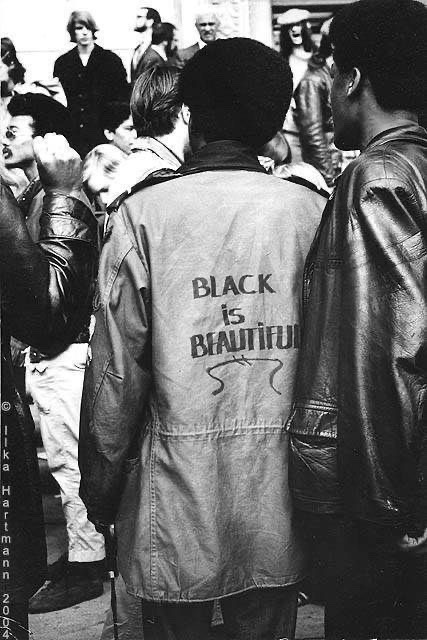

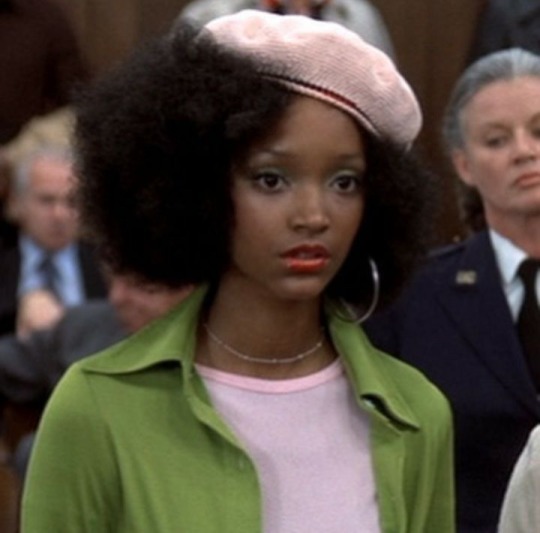
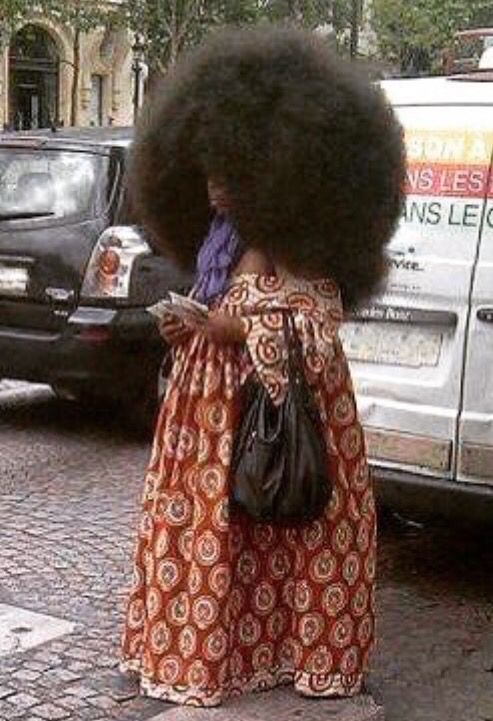
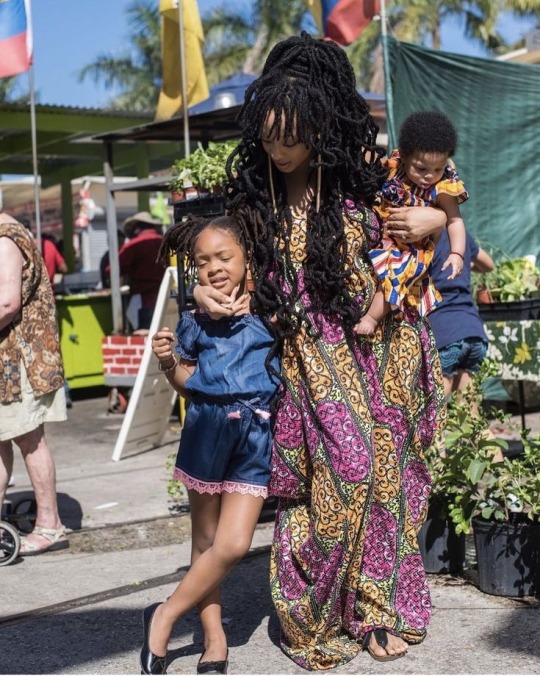


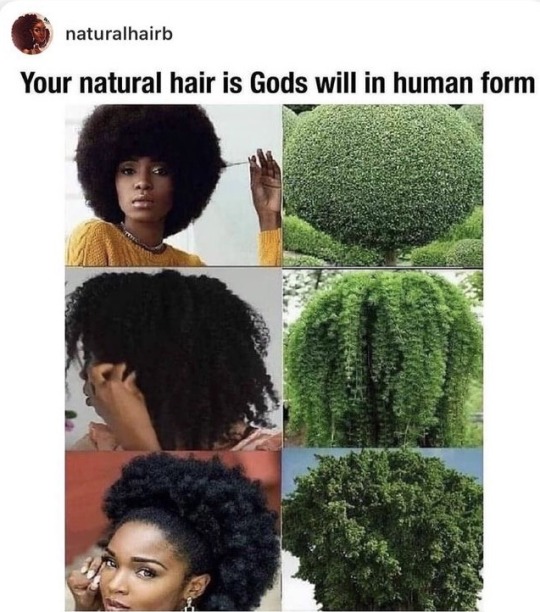
#blacklivesmatter#black history#black history month#x black reader#black heritage#blm#african american#soulaan#soul music#soul#soul food#black people#black woman#kinky hair#culture#life#black community#black beauty#soft black girls#soft black women#black femininity#black masculinity#juneteenth#afro#natrual#curly hair#coily hair#black culture#black man#black is beautiful
65 notes
·
View notes
Text
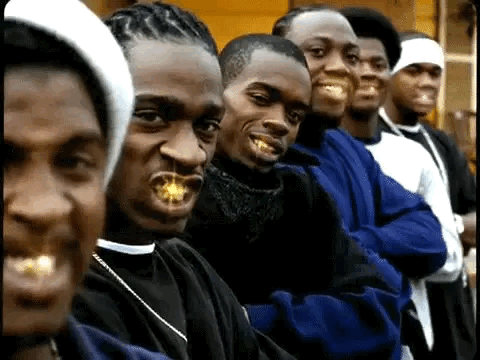
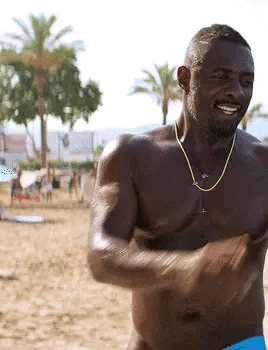




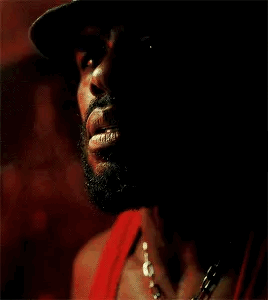
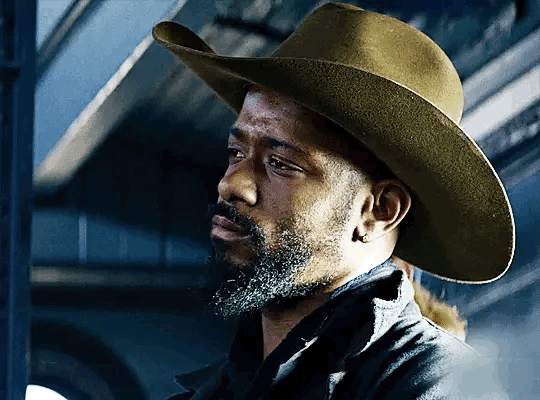
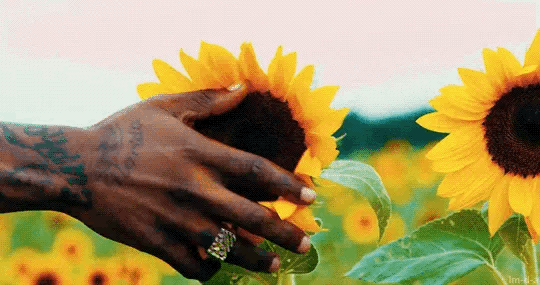

#black men#african men#black men matter#african diaspora#african descent#african american#black heritage#idris elba#yahya abdul mateen ii
177 notes
·
View notes
Text
Mae Carol Jemison
(born October 17, 1956) is an American engineer, physician, and former NASA astronaut.

She became the first African-American woman to travel into space
When she served as a mission specialist aboard the Space Shuttle Endeavour in 1992.

Jemison joined NASA's astronaut corps in 1987 and was selected to serve for the STS-47 mission, during which the Endeavour orbited the Earth for nearly eight days on September 12–20, 1992.

She was chosen out of roughly 2,000 applicants for 15 slots in NASA Astronaut Group 12, the first selected after Challenger.

The Associated Press covered her as the "first black woman astronaut" in 1987.

In 1993, Jemison appeared as Lieutenant Palmer in "Second Chances", an episode of the science fiction television series Star Trek: The Next Generation, becoming the first real astronaut to appear on Star Trek.

Jemison served on the board of directors of the World Sickle Cell Foundation from 1990 to 1992.

Jemison continues to advocate strongly in favor of science education and getting minority students interested in science.

Read more about her here!
(All sources from this wiki article)
#black history#black history month#blacklivesmatter#mae jemison#NASA#Space#astronaut#leftist#socialism#science#lgbt#lgbtq#lgbtqiap#human rights#humanity#history#love#black woman#black herstory#black heritage
18 notes
·
View notes
Text
Got my heritage DNA results back recently. Anyone interested in my data? :)


Also, anyone else Black do this thru an ancestry company? My husband went thru Ancestry around the beginning of COVID. I did mine thru MyHeritage. Very surprised w my results :)
21 notes
·
View notes
Text
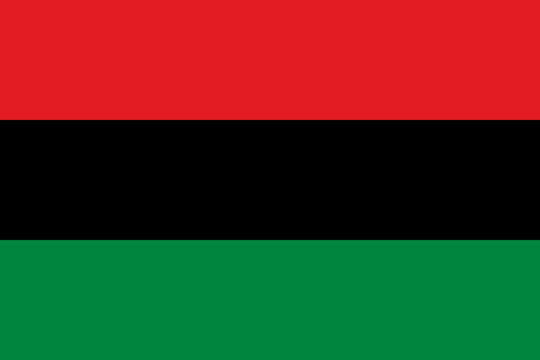
Happy Black History Month. Be sure to celebrate Black Heritage, Black Excellence, Black History, Black Culture and the Black Community.
5 notes
·
View notes
Text
3 notes
·
View notes
Text
Hey, just curious, but do any of ya’ll think there is a term for Black Americans whose ancestors were slaves? Because if not, I think there should be. This is all from my experience as an American who has not gotten to travel abroad. This post is specific to the US, as I cannot lump all nations’ experiences with this topic together.
Black Americans have forged a bit of a shared identity and community due the deep rooted aspects of race present in American society. Whether a Black American is a descendant of slaves, they are still impacted by racism in this country. However, a bit ago, I remember hearing someone talk about how they were talking with a group of Black college students having a discussion on race in America.
A couple of these students were not descendants of American slaves, and were instead Caribbean American. Also when the topic of slavery came up, there were very different perspectives due to the very different experiences both groups had. The thing is, the Caribbean American students were fully connected to their cultural roots, and had an easier time tracing back their ancestry. Meanwhile, Black Americans descended from slaves (like myself) have a culture of sorts, but we are also often unsure as to which cultures our ancestors came from. There is a feeling of sadness and a very specific generational trauma from knowing what happened to our ancestors.
We are unified in our Blackness, but some of us have very different relationships to race and Blackness in American and our country’s history with slavery. Some are more directly connected to it than others, while some bare very different generational trauma tied to their cultures. Both types of experiences are valid, but extremely different when it comes to the topic of history.
I feel like there should be a term that can be used to specifically refer to Black Americans who are descended from slaves, as that could be important context in conversations like these.
Does anyone get what I mean?
#black#black americans#african american#black culture#black history#american history#racism#black american history#race#discussion#black experience#diversity#american slavery#slavery in america#blackness#being black#african america history#ancestry#heritage#black heritage#cultural heritage
8 notes
·
View notes
Text
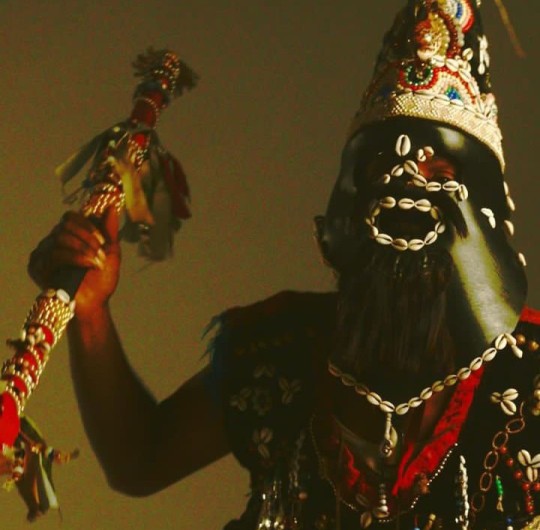

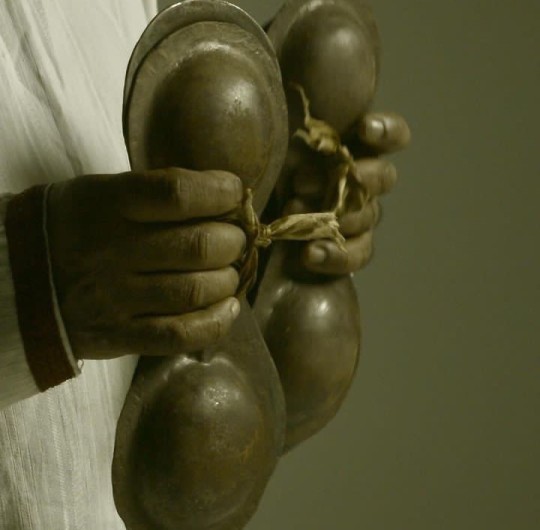
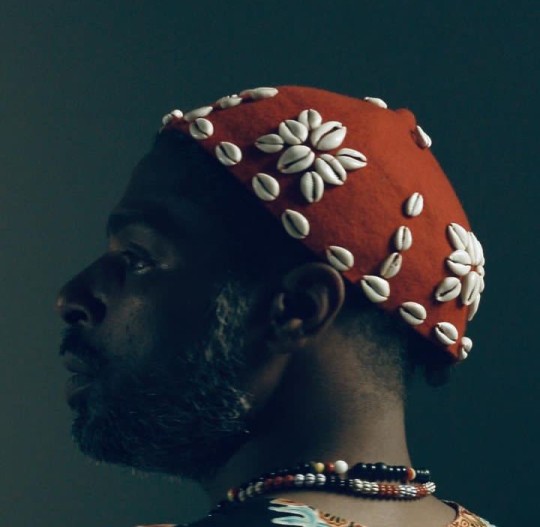
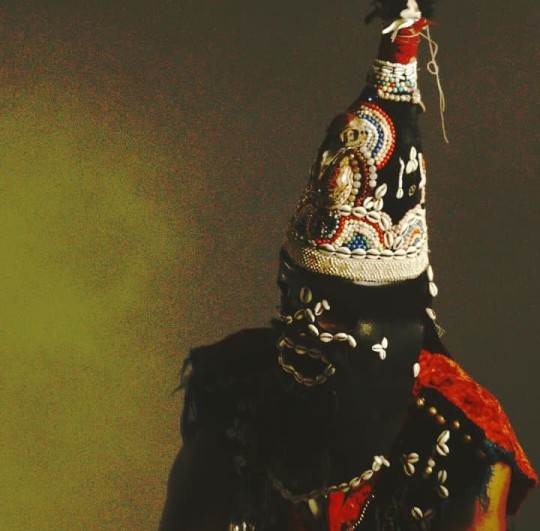
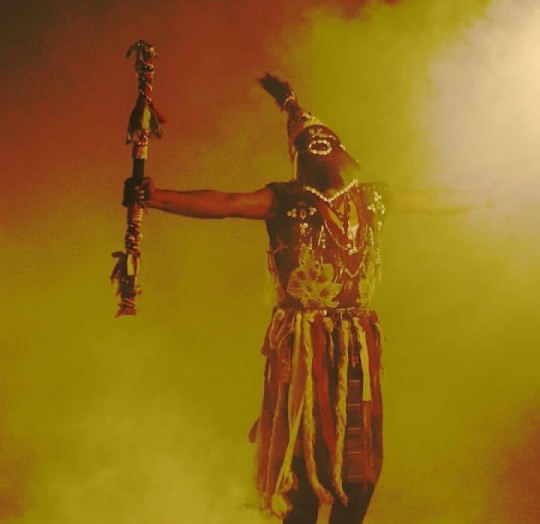
Black heritage of Tunisia: Stambeli
A Stambeli is a performer who on the persona of a “ Bousaadia ” , wearing a mask and dancing with the rhythms of music . Bousaadia is associated with trance and possession , and is considered a powerful figure capable of healing and spiritual experiences.
Also known as “ Diwan ” in Algeria and “ Gnawa ” in Morocco.
Story and copyright: Ammar 808
#tunisia#music#north africa#africa#berber#arab#maghreb#amazigh#tunisian#black heritage#art#morocco#algeria#african heritage
17 notes
·
View notes
Text
AFRICAN PROVERBS AND THEIR MEANINGS
This is a message to my black brothers and sisters
Learn about African proverbs and know your culture is filled with poetry
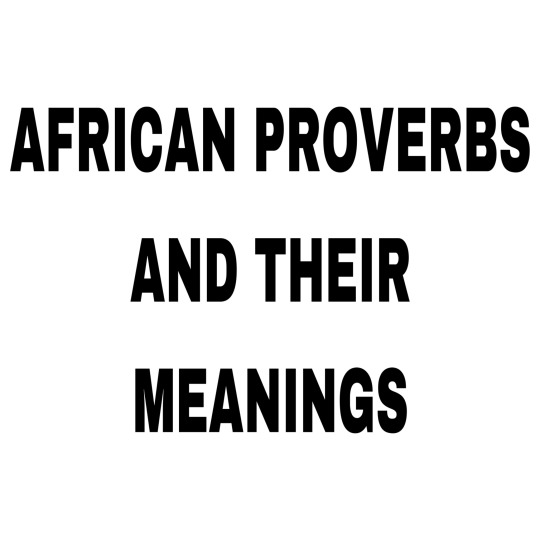
1) Only a fool tests the depth of a river with both feet.
Meaning: You don’t jump straight into a situation without thinking about it first.
2) Knowledge is like a garden: If it is not cultivated, it cannot be harvested.
Meaning: If you don’t make efforts to acquire knowledge then you would not expect to have it and if you do not put the knowledge you have to use, you cannot expect to gain anything from it.
3) Sugarcane is sweetest at its joint.
Meaning: Good and sweet things of life may appear difficult to achieve but in the end, it is worth it.
4) If you offend, ask for a pardon; if offended forgive.
Meaning: This is as simple as it sounds: If you upset someone, apologise to him or her. If someone upsets you, forgive him or her because what goes around, comes around.
5) Don’t set sail using someone else’s star.
Meaning: Avoid copying someone else. Just because someone has been successful in what he/she does should not be what will make you to do the same thing and expect to be successful.
6) The best way to eat an elephant in your path, is to cut him up into little pieces.
Meaning: The best approach to solving a problem is to take it bit by bit; one at a time.
7) A restless feet may walk into a snake pit.
Meaning: If someone is busy doing nothing or is involved in what he does not know about, it is easy for him/her to get into trouble.
8) A chick that will grow into a cock can be spotted the very day it hatches.
Meaning: You can easily foresee the future of something through the character and tell-tale signs it exhibits today.
9) After a foolish deed comes remorse.
Meaning: Feeling sorry always follows a foolish act.
10) A man who pays respect to the great paves the way for his own greatness.
Meaning: What goes around, comes around so whatever you sow, you shall reap.
11) He who does not know one thing knows another.
Meaning: No one knows everything, but everyone knows something.
12) A roaring lion kills no one.
Meaning: You cannot achieve or gain anything by mere sitting around and just talking about it.
13) Do not call the forest that shelters you a jungle.
Meaning: Do not insult someone who is taking care of your responsibility or taking care of you.
14) When a king has good counsellors, his reign is peaceful.
Meaning: What defines a man is the circumstances and people around him and if they are good, he turns out good.
15) It takes a whole village to raise a child.
Meaning: The society is responsible for the moral characters it creates and everyone in a community should be responsible for helping to train a child irrespective of who the parents are; offering correction where they are needed.
16) If a child washes his hands he could eat with kings.
Meaning: If you prepare and allow yourself to be well trained when you have the opportunity, you will achieve a lot and be favoured in due course.
17) The Rain does not fall on one roof.
Meaning: Trouble comes to everyone at one time or another.
18) Life is like a mist or a shadow; it quickly passes by.
Meaning: Life is too short, and you only live it once.
19) Wherever a man goes to dwell, his character goes with him.
Meaning: What defines a man is his character which is, inseparable from him and follows him everywhere he goes.
20) Do not look where you fell, but where you slipped.
Meaning: Don’t look at your mistakes; look at what caused your mistakes, otherwise you may repeat the same mistake again.
He who sees an old hag squatting should leave her alone; who knows how she breathes?
Meaning: You should never interfere in someone's issues, particularly when you do not know anything about them.
Anger against a brother is felt on the flesh, not in the bone. Meaning: You should forget and forgive anything your relatives did to you.
Maize bears fruits once and dies because it is not rooted in the ground. Meaning: You will never get to the top and stay prosperous without a good foundation.
He who will swallow the 'udala' seed must consider the size of his stomach. Meaning: 'Udala' seed is an apple seed. It is never digested in the stomach
#life#animals#culture#aesthetic#black history#history#blm blacklivesmatter#anime and manga#architecture#black community#black heritage#heritage
462 notes
·
View notes
Text
Happy Juneteenth!! 🥰🥰
#black people#black studyblr#black academia#black culture#african american#black tumblr#soulaan#black heritage#black fashion#african american culture#juneteenth
40 notes
·
View notes
